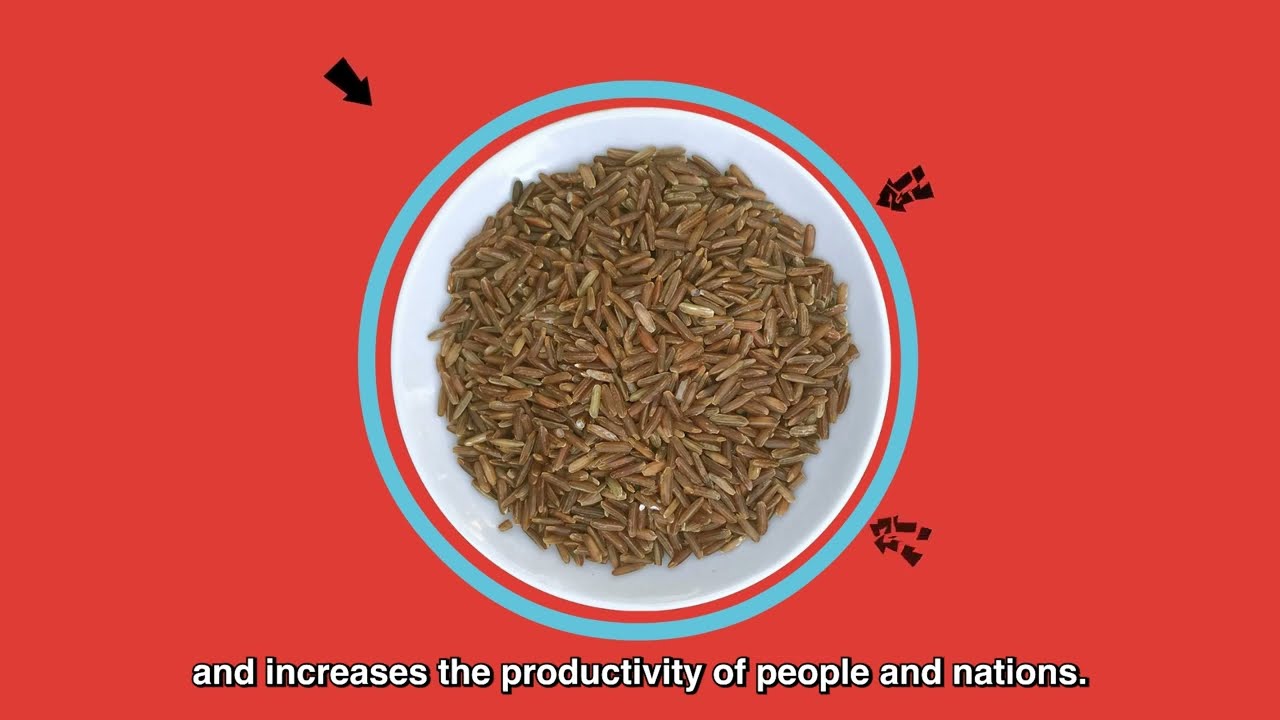Micronutrient deficiencies pose a significant global health challenge, affecting half of all preschool-aged children and two-thirds of all women of reproductive age worldwide. Deficiencies in folate, iodine, iron, vitamin A, vitamin D, and zinc are among the most significant global threats to productivity and wellbeing, and have devastating effects on human health and capacities.
The WHA resolution on safe and effective food fortification has united the health policy, disability rights, and nutrition sectors behind an effort to prevent micronutrient deficiencies and their consequences, including spina bifida and other neural tube defects. Large scale food fortification is one of the most effective and inexpensive ways to fight hidden hunger across the entire population of a country or region, and has been shown to reduce the prevalence of conditions linked to micronutrient deficiency in low and middle-income countries (LMICs).
A particularly striking example of the suffering caused by hidden hunger is the high prevalence of birth defects caused by folate deficiency, including spina bifida and hydrocephalus. Large scale food fortification (LSFF) is a proven, safe, and cost-effective public health measure to tackle micronutrient deficiencies, including folate deficiencies. LSFF is the only policy that has been successful in achieving widespread and equitable reduction in the prevalence of neural tube defects such as spina bifida, with reductions of 41% on average at little to no cost to the consumer. Despite its 100-year track record of success, an unfinished agenda on LSFF remains, with at least 84 countries potentially benefiting from new fortification programmes and most existing programs needing to be strengthened. Doubling down to improve the reach and quality of food fortification programs has huge potential to combat the global malnutrition crisis, and as a global community, we must rise to this challenge.
Co-Masters of Ceremony:
- Saskia Osendarp, Executive Director, MNF
- Gail Rosseau, George Washington School of Medicine & Health Sciences and G4 Alliance
Key Speakers from supportive member states, food fortification experts and representatives from the spina bifida community.
More assets related to the event are available here.
Videos


For more videos, please visitour youtube channel
